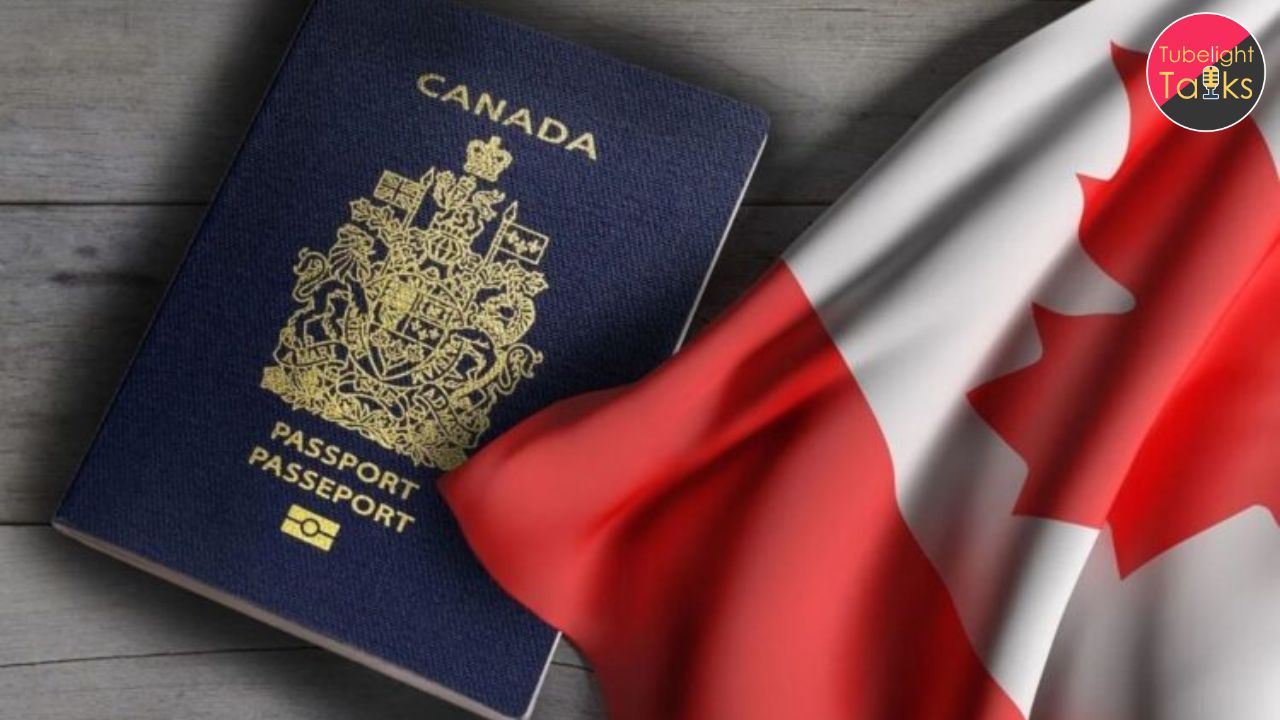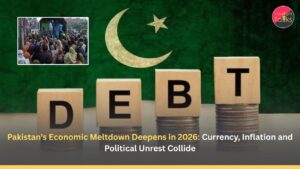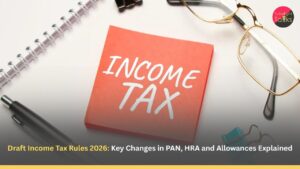Canada’s International Student and Work Permit Cuts: An Overview
In a significant shift, Prime Minister Justin Trudeau’s government has announced cuts to the number of international students and changes to work permit conditions. Some of the reasons cited by the government include shortages of housing, pressures on social services, and abuses of the immigration system. This article explores the implications for Canada’s education system, the job prospects of international students, and the country’s immigration policies.
Key Highlights: Canada New Immigration Policy
- Canada is cutting international student permits by 35% for 2025, citing housing and social service pressures.
- Work permit restrictions now apply to spouses and certain foreign workers, tightening immigration.
- Indian student applications to Canada have dropped by 40% due to increased financial requirements and permit cuts.
- Canada’s housing shortage worsens, with cities like Toronto and Vancouver experiencing rental cost spikes.
- Changes to immigration policy impact Trudeau’s political position ahead of the 2025 election.
- Students are shifting to countries like Australia, the U.S., and Europe for more predictable education and visa procedures.
- Canada’s global appeal as an education destination may decline as restrictions remain in place until 2026.
- The Path to True Enlightenment by the true spiritual leader.
The Scale of Cuts in Permits
In 2024, the Canadian government announced a 35% reduction in international student permits for 2025, with further reductions planned. The expected approval rate for study permits in 2024 is 364,000, while for 2025, it will be 327,000. This marks a significant shift for a country that has historically been welcoming to international students, especially from India, China, and the Philippines. Immigration Minister Marc Miller stated these measures aim to limit temporary residents’ stay to 5-6.5% of the total population from any given country. Trudeau justified these changes by referencing misuse of the system, claiming some institutions and agents exploit students for profit.
Work Permit Regulations and Temporary Residency
New restrictions on work permits also affect the spouses of international students and foreign workers. Previously, students’ spouses pursuing a master’s degree qualified for work permits regardless of program length, but now they can only obtain permits if the program lasts at least 16 months. These restrictions apply to migrant workers as well, with permits now issued only to managers, professionals, technical specialists, and workers in sectors facing shortages. The government believes there is sufficient domestic human capital to meet labor demands, aiming to curb the influx of temporary residents who are reportedly exacerbating housing shortages and straining local resources.
Impact on International Students
These changes pose significant challenges for international students, particularly from India. Canada has been a popular destination for education, hosting over 427,000 international students in 2024. However, with tightening permit availability and rising costs, including an increase in the Guaranteed Investment Certificate (GIC) requirement from CAD$10,000 to CAD$20,635, many students are reconsidering their options. Reports indicate a 40% decline in applications from Indian students at institutions like the University of Toronto. Many are now exploring opportunities in Eastern Europe and elsewhere, where visa processes are perceived as simpler and less financially demanding.
Housing and Social Services Pressure
Canada is currently facing a severe housing deficit, exacerbated by the influx of international students and temporary residents. The federal government believes that limiting the number of incoming students and workers will help alleviate pressures on the housing market and social services, which are stretched thin. Cities like Toronto and Vancouver have seen significant rental cost increases, forcing many international students to compromise on accommodation, leading to overcrowding and heightened competition for limited housing. These measures are seen as a short-term strategy to address these challenges.
Political Context and Future Relevance
The timing of these changes is politically sensitive for Trudeau’s government, with the next general election scheduled for 2025. Immigration, particularly concerning international students and temporary workers, has become a pressing issue. Canadians have voiced concerns about housing and employment related to immigration. This approach is viewed as an attempt to address these issues and garner political support before the election by reducing the number of international students and work permits. While these changes are set to remain in effect until 2026, the long-term impact on Canada’s reputation as an education destination is still uncertain. Experts predict a further decline in interest among students from India and other Asian nations.
Alternatives for International Students
With enrollment in Canada becoming less predictable, many students are seeking alternatives. Popular destinations include Australia, the United States, and Germany, where the quality of education is comparable and where new visa restrictions and financial requirements are less stringent. Additionally, some students are considering educational opportunities in Eastern Europe, where costs are lower and visa processes are more accessible. This trend is expected to continue unless the Canadian government revises its policies.
Conclusion
The recent cuts to international student and work visas mark a significant shift in Canada’s immigration policy. While the government argues that these measures are necessary to alleviate pressure on housing and social services, the impact on the education system and Canada’s global reputation as a welcoming destination for international students remains to be seen. Challenges faced by students, especially from India, are prompting many to explore educational opportunities elsewhere. The political climate leading up to the 2025 elections will likely influence the future of these policies, leaving students and institutions to navigate the consequences of these changes.
The Path to True Enlightenment: Blending Spiritual Wisdom with Education
The world can be truly elevated through the combination of spiritual knowledge and education. While world-class education can lead to economic progress, spiritual wisdom reveals the deeper purpose of human life and ensures our well-being. Sant Rampal Ji Maharaj imparts transformative spiritual knowledge to his followers, guiding them toward both worldly success and supernatural fulfillment. To explore the profound teachings and insights of Sant Rampal Ji Maharaj, read the sacred book ‘Gyan Ganga’ or visit www.jagatgururampalji.org.











Discussion (0)